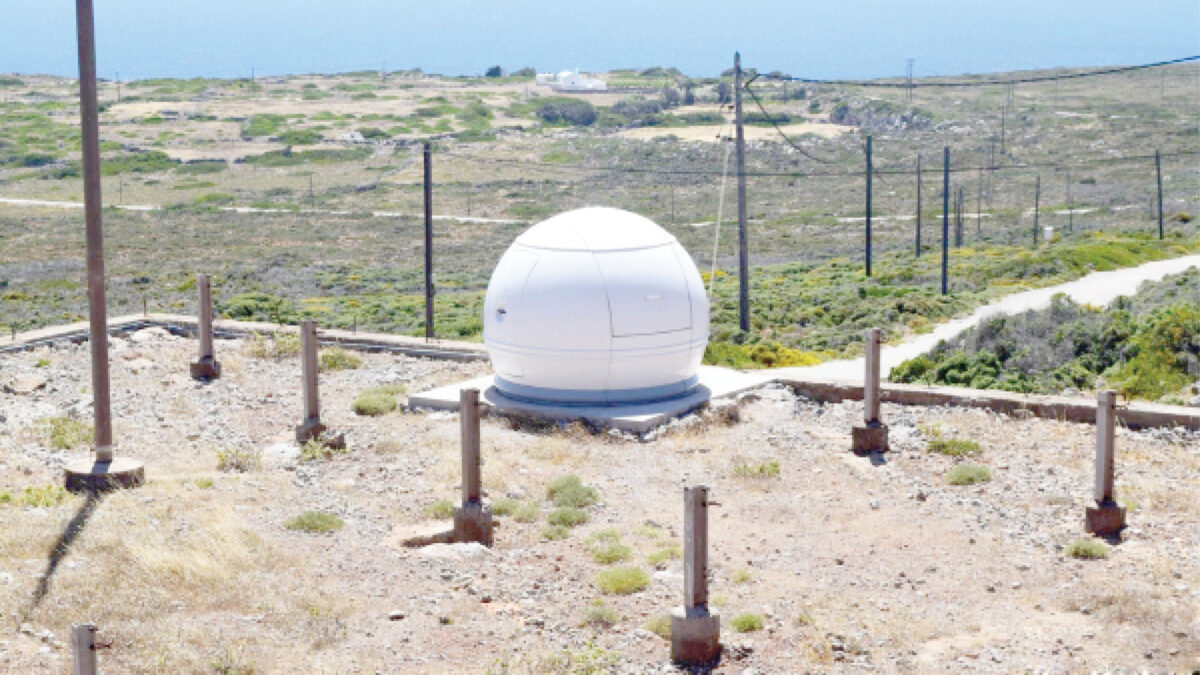Worried by the increasing effect of climate change, especially in the agricultural sector, stakeholders, including women and youth farmers from the northwestern region of Nigeria, have converged on Kaduna.
The event is to enable stakeholders to rub minds toward checking what they described as ‘unsustainable’ farming practices.
Daily Trust reports that about 500 women, young farmers and agric-entrepreneurs from Jigawa, Kaduna, Kano, Katsina, Kebbi, Sokoto and Zamfara came together to find new ways of practising agriculture in the face of the climate change crisis.
Speaking at the workshop, funded by the Bill and Melinda Gates Foundation, the director-general of the Nigerian Agribusiness Group (NABG), Dr Manzo Maigari, said, “Our own practises as human beings are exacerbating the issue of climate change.”
- 15 Plateau PDP supporters hospitalised after road accident
- Kano govt to NNPP: Emirates creation cannot be reversed over politics
He stated that unsustainable farming practises like bush burning; rotting farm produce, and farming on the river banks are exacerbating climate change impacts.
He said, “Bush burning generates a lot of carbon dioxide, which affects the atmosphere, allowing a lot of our farm produce to rot, like oranges, fruits and the rest that you see on the roadside rotting everywhere; that is why we are having these problems.
“You find out that some of us when we are farming, instead of allowing one to two metres of the forest around the river banks, we will refuse saying, it will harbour rodents and the rest that will destroy our crops then you farm to the river and create problems.”
He noted that such practises lead to contamination, erosion and river expansion.
He then urged farmers to practice agro-forestry on the boundaries of their farms by planting trees, saying, “The trees will, in turn, stop wind erosion that will wash off your top soil, stop water erosion and also help retain moisture.”
Speaking on ‘Small Scale Climate Smart Crop’, Professor Emeka Daniel Oruonye, noted that the need to grow more food crops and increase the income of small-scale farmers has become necessary to mitigate poverty and achieve food security.
“The greatest challenge facing farmers today is how to meet the increasing food demand to meet population growth. Climate volatility, more frequent extreme weather events and temperature changes increasingly threaten the viability of food crop production,” the professor of geography at Taraba State University told participants.

 Join Daily Trust WhatsApp Community For Quick Access To News and Happenings Around You.
Join Daily Trust WhatsApp Community For Quick Access To News and Happenings Around You.


